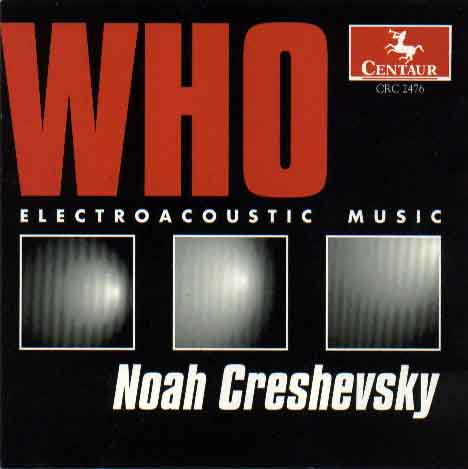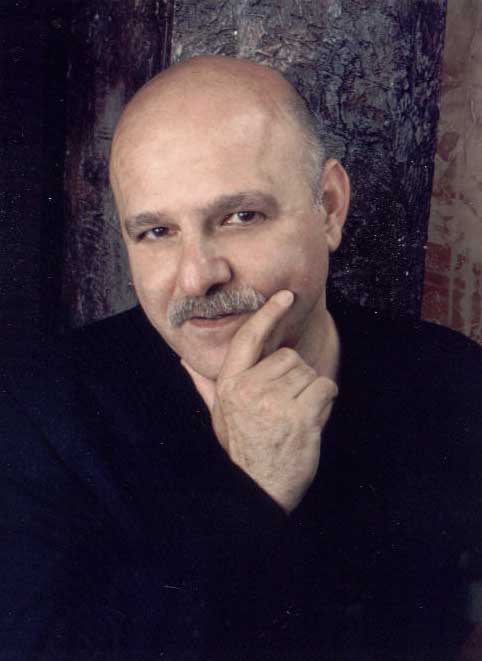|
I have been composing electronic music for
more than thirty years. Common to all of
my music is the use of expanded sonic
palettes. My goal has been to create a body
of work using a novel but natural, versatile,
and expressive musical language. My focus
on extended musical palettes mirrors the
belief that individuals and societies are
improved through broad inclusion.
Much of my musical vocabulary consists of
familiar bits of words and vocal instrumen-
tal music which are deconstructed into
minute fragments, subjected to a variety of
electronic processes, and finally reassembled
in ways that bear little or no discernible
relationship to their original sources. The
result is a sound at once nearly human and
tangentially electronic, but never fully one
or the other.
Allusions to Middle Eastern, Asian, and
Western sacred, secular, popular, and classi-
cal instrumental and vocal music seek to
produce hypothetical performers of indeter-
minate identity--simultaneously male and
female, Western and non-Western, ancient
and modern, familiar and unfamiliar.
Born in 1945 in Rochester, New York, Noah
Creshevsky began musical study at age five at
the Eastman School of Music. He graduated
from the State University of New York at
Buffalo, and studied with Nadia Boulanger in
Paris and Fontainebleau. His masters degree
is from the Juilliard School, where he was a
pupil of Luciano Berio.
Creshevskys work has been supported by
grants and awards from the National
Endowment for the Arts, the New York State
Council on the Arts, and ASCAP. It has been
published by Alexander Broude and the
University of Michigan Press, released on
records and compact discs, and performed and
broadcast internationally.
Currently director of the Center for Computer
Music and professor of music at Brooklyn
College of the City University of New York, he
has served on the faculties of the Juilliard School
and Hunter College, and been a visiting profes-
sor at Princeton University.
ŚNoah Creshevsky
|
|
|



